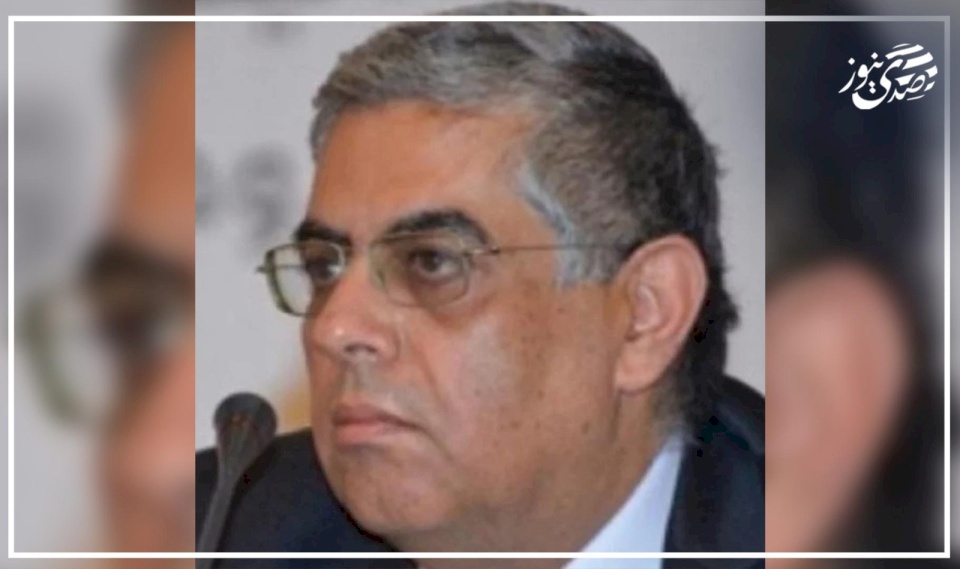
How does Israel market itself after the First Iran War?
What Israel aims for after the First Iran War, which lasted 12 days, is reflected in several phrases that the media outlets of Prime Minister Benjamin Netanyahu keep repeating since the end of that war, including during Netanyahu's visit to the United States and his meeting with President Donald Trump. These phrases indicate that Israel inflicted severe damage on the Iranian regime and its military capabilities, thus proving two interconnected and far-reaching points: the first is that it has the ability to harm a country like Iran, which could translate into a deterrent factor in the future. The harm inflicted was not limited to targeting security sites and facilities within Iranian territory, but also extended to striking the capabilities of those described as Iran's regional arms, starting with Hezbollah in Lebanon and reaching the Islamic resistance factions in the Gaza Strip, including militias in Iraq. The second point is that Israel remains the strongest strategic ally of the United States in the Middle East, which was clearly and directly reflected in the participation of the superpower in this war.
Some analyses have noted that there is another important conclusion that Israel is trying to push in the context of marketing itself regionally and globally: the outcome of the war on Iran, which Tel Aviv considers to be in its favor, highlighted another loser in the region, which is Turkey. As mentioned in a recent analysis in "Israel Hayom," during the confrontation between Israel and its enemies since October 7, 2023, Turkey did not stand by Israel, and the confrontation has emerged with Tehran, which resulted in putting the Iranian giant back in its bottle, showing dazzlingly in view of other regional powers that the ability to carry out military action that achieves tangible field results is exclusive to Israel, and that the Turkish regime remains content with words without translating them into actions.
Additionally, some have added both Russia and China to the list of losers, considering that their conflict with the United States has led them to adopt an anti-Israel policy in general, knowing that neither has burned bridges with it.
When moving to the conclusions that define the direction of the next phase and the strategic goals that Israel should aim to achieve, we can point to two prominent conclusions: the first is that Israel is the leading regional power capable of standing up against Iran and the 'Axis of Evil' that it has created, which qualifies it to be a refuge for all who feel threatened as a result of this. The second conclusion is that it remains the surest route to the heart of the United States as its most important protector. This conclusion aims to promote the normalization of relations with Israel through the expansion of the Abraham Accords.
As literally quoted from one of the comments of sources close to Netanyahu: We are witnessing the emergence of a new Middle East characterized more than anything else by the fact that the road to Washington passes through Tel Aviv, as was the case in the past, and based on this, only countries that pursue a policy of stability and peace, including peace and normalization with Israel, can maintain their security and stability of their regional and international status, and this includes a country like Syria under its current regime headed by Ahmad al-Shara.
It is worth noting that the talk that has recently been heard from Trump and his special envoy to the Middle East, Steve Wittkoff, as well as from Netanyahu, about normalization agreements with Arab and/or Islamic countries. In most Israeli readings, the term normalization has taken root in the discourse and political rhetoric in Israel following the Abraham Accords, for it holds the promise of new and warm relations, unlike the peace agreements with Egypt and Jordan, which are described as cold.

Gaza Committee: Legitimacy Challenges and the Palestinian Vision

Gaza: An Opportunity to Reorder the Palestinian House

Take Him and Restrain Him

Will America Strike Iran? An Extensive Reading of Regional and International Conflict

Netanyahu and the Second Phase: Between Halting Progress and the Test of the Palestinian R...

Ukraine in European Calculations: Managing the Conflict Rather Than Engaging in It

Is There Any Point in the Continued Existence of the Palestinian Authority?!

